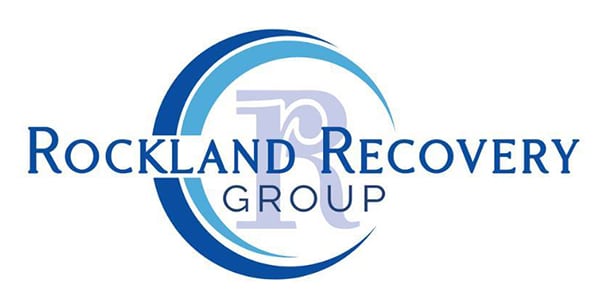Seeking treatment for bipolar disorder is one of the most important and critical steps toward managing the complex symptoms. Bipolar disorder can affect every aspect of a person’s life, from their relationships and career to social life and physical health. Inpatient treatment for bipolar disorder is an intensive, resident-style treatment program featuring a range of evidence-based therapies.
When seeking treatment, it’s important to research the best inpatient bipolar treatment centers to find the one you feel most confident and comfortable with. Here are eight things to consider when choosing an inpatient program.
Jump to Section
Eight Steps to Choosing Inpatient Bipolar Disorder Treatment
These eight steps are a starting point for finding the best inpatient bipolar disorder treatment. However, if you’re in need of more resources, the Substance Abuse and Mental Health Services Administration offers valuable mental health resources on its website. You can also use their online directory of providers to find inpatient treatment near you.
Evaluate Bipolar Treatment Programs
Bipolar disorder is a complex mental health condition, and the severity and frequency of mania and depressive episodes can vary from person to person. It’s critical for an inpatient facility that treats bipolar disorder to offer a range of evidence-based treatments that can be tailored to the individual.
For bipolar disorder, this might include cognitive behavioral therapy (CBT), dialectical behavior therapy (DBT), medication management, group therapy, and life skill development. The best bipolar treatment programs offer a multidisciplinary approach to treating bipolar disorder holistically.
Consider a Continuum of Care
Inpatient treatment can be an important starting point for managing bipolar disorder, but it’s not a long-term solution. While valuable skills and progress are made during inpatient treatment, it’s smart to have a plan for continued care once the program is complete.
Seek out a bipolar disorder treatment center that offers a full continuum of care, providing each individual with care from the most intensive level through maintenance support. Keep in mind that the same inpatient facility doesn’t need to provide the full continuum of care, but it’s important also to research where to seek treatment after inpatient care is complete.
Accreditation and Licensing
Is the facility you’re considering licensed to operate in the state where it’s located? Is it accredited by any reputable mental health organizations? Licensing is critical as it ensures that high standards and best practices of care are adhered to. Accreditation with organizations such as the Joint Commission adds an extra layer of assurance that you’re receiving the best care.
Cost and Insurance Coverage
Before checking into an inpatient bipolar treatment program, it’s important to understand your insurance coverage and whether the mental health treatment center you have chosen accepts your insurance.
Calling your insurance provider will help you better understand your coverage and limits. Some treatment centers will list the insurance providers they work with on their website. However, this is not the case across the board. You may need to contact the center directly for insurance verification.
Speak with Your Healthcare Provider
If you have a healthcare provider that you see regularly, ask if they have recommendations for inpatient treatment programs. A medical care provider familiar with your mental and physical health history can be an important asset in connecting you with the best treatment center for your needs.
Consider Patient Testimonials and Provider Reviews
Take some time to review patient testimonials and reviews of the facility’s staff if available. It’s best to approach this with an open mind and understand that everyone’s mental health journey is different. An approach that worked wonderfully for one person might not be suitable for another. The same is true with negative treatment outcomes.
However, it can be reassuring to learn about the experiences of others and can help you better understand what to expect during your stay. Provider reviews may also be helpful in choosing a facility with a staff that is best aligned with your treatment goals and preferences.
Ask Directly About Their Bipolar Treatment Philosophy
Inpatient treatment centers offer treatment programs for a range of mental health conditions, not just bipolar disorder. Treatment is an important step in regaining your quality of life, so choosing a center with a treatment philosophy aligned with your goals is critical.
Do they rely on evidence-based therapies? What about holistic and integrative therapies? Will you be allowed input in your treatment plan? How do they support the whole person? These are just a few examples of questions worth asking.
Visit the Facility
Schedule a facility tour so that you can assess the environment. You’ll be spending a significant amount of time there, so it’s important that you don’t immediately pick up on any red flags during your visit. Does the environment feel comfortable and supportive to you? What about cleanliness and adherence to privacy and respect?
Finding a Bipolar Treatment Center in Massachusetts
Seeking inpatient treatment for bipolar disorder is a courageous move toward creating a healthier future for yourself. Spend time researching the facilities near you, and ask for help if needed.
At Rockland Recovery, we’re here to answer all of your questions and help you find the best treatment options for your needs. For some, this may mean choosing a day program for bipolar disorder instead of inpatient treatment. If you’d like to learn more, we encourage you to contact Rockland Recovery at 888-299-4833 today.




